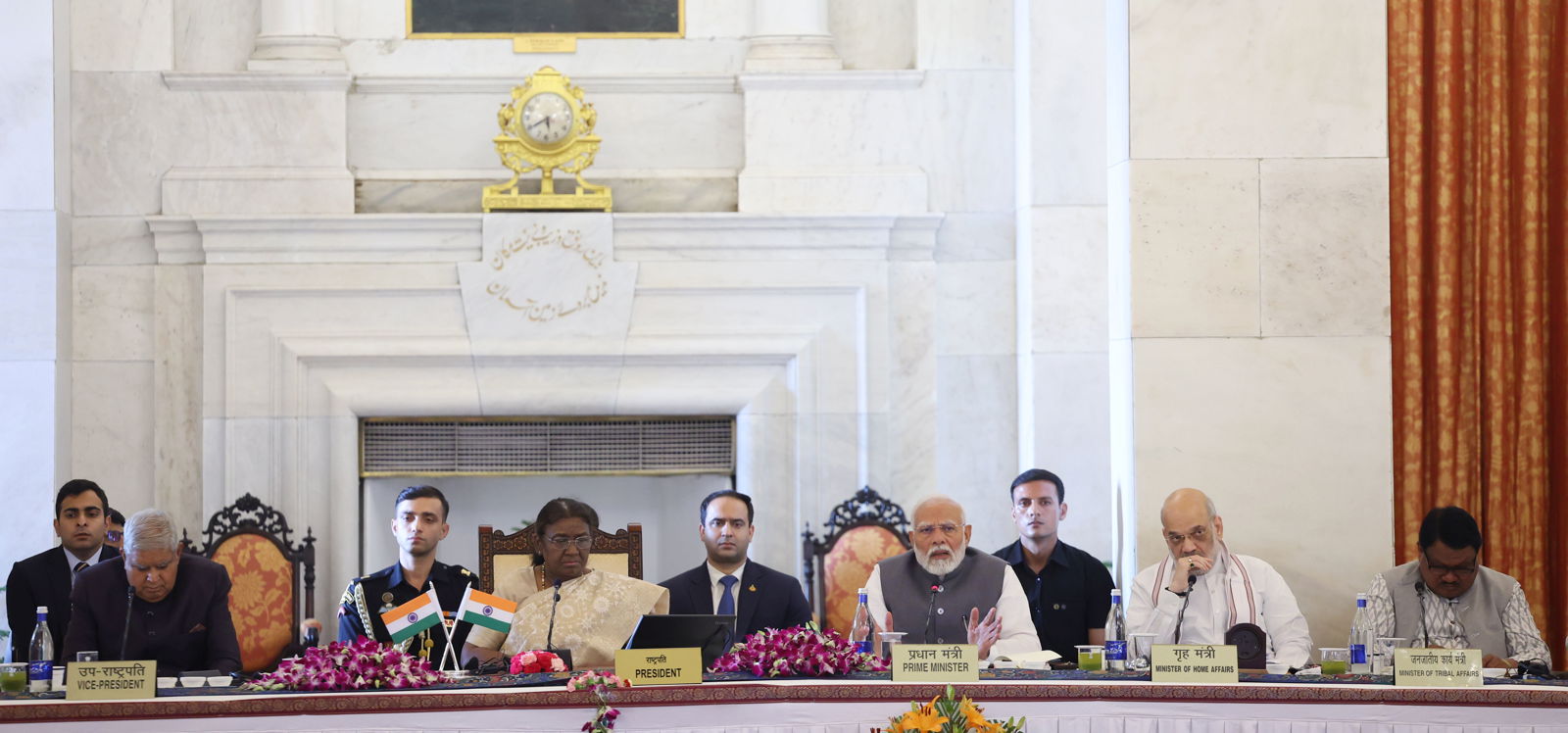
Sundari Gautam vs. State Government of Delhi
CRL.REV.P. 852/2024
In a landmark ruling, the Delhi High Court has reinforced the gender-neutral application of the Protection of Children from Sexual Offenses Act, 2012 (POCSO Act), asserting that women can also be held accountable under this stringent legislation. The case, Sundari Gautam vs. the State Government of Delhi, challenged longstanding assumptions about the scope of the POCSO Act and its application to female offenders.
The Case at a Glance
Sundari Gautam, the defendant in this case, faced accusations under the POCSO Act, which is designed to protect minors from sexual exploitation and abuse. The core argument from Gautam’s defense hinged on the assertion that the charge sheet lacked clarity regarding the motive for the alleged assault and was primarily based on the testimony of a six-year-old boy, which they argued was insufficient.
Additionally, Gautam’s defense contended that Section 5 of the POCSO Act pertains exclusively to penetrative sexual assault committed by men, thereby suggesting that sections 3 and 5 of the Act, which are often interpreted as addressing male perpetrators, could not be applied to female offenders.
Government’s Stance
On the other side, the government maintained that the POCSO Act’s primary objective is to deliver stringent penalties to those who commit sexual offenses against children, regardless of their gender. The government’s argument emphasized that the Act should not be circumvented by the gender of the perpetrator and that justice for victims should not be compromised by such technicalities.

Judicial Verdict
Justice Anup Jayaram Bhambani, in a pivotal judgment, addressed these arguments and clarified the interpretation of the POCSO Act. The judge noted that while Sections 3A, 3B, and 3C of the Act use the masculine pronoun ‘he’, this should not be construed as limiting the Act’s application to men alone. The court emphasized that the language of the POCSO Act is intended to be gender-neutral and that its provisions are applicable to all offenders, regardless of their gender.
Justice Bhambani’s ruling underscores that the POCSO Act was designed to safeguard children from sexual exploitation comprehensively and that its enforcement should not be hindered by the gender of the accused. The judgment reaffirms that both male and female perpetrators can face prosecution under the Act, thereby reinforcing the legal framework’s commitment to protecting minors from sexual abuse.
Implications
This decision marks a significant step in the interpretation and application of the POCSO Act, ensuring that gender does not become a shield for perpetrators of sexual offenses against children. It affirms the judiciary’s role in upholding the principles of equality and justice, reinforcing that legal protections for minors are robust and inclusive of all potential offenders.
As the legal landscape evolves, this ruling serves as a crucial precedent, demonstrating that the pursuit of justice remains uncompromising in its commitment to safeguarding the vulnerable, regardless of the gender of those who threaten their safety.




